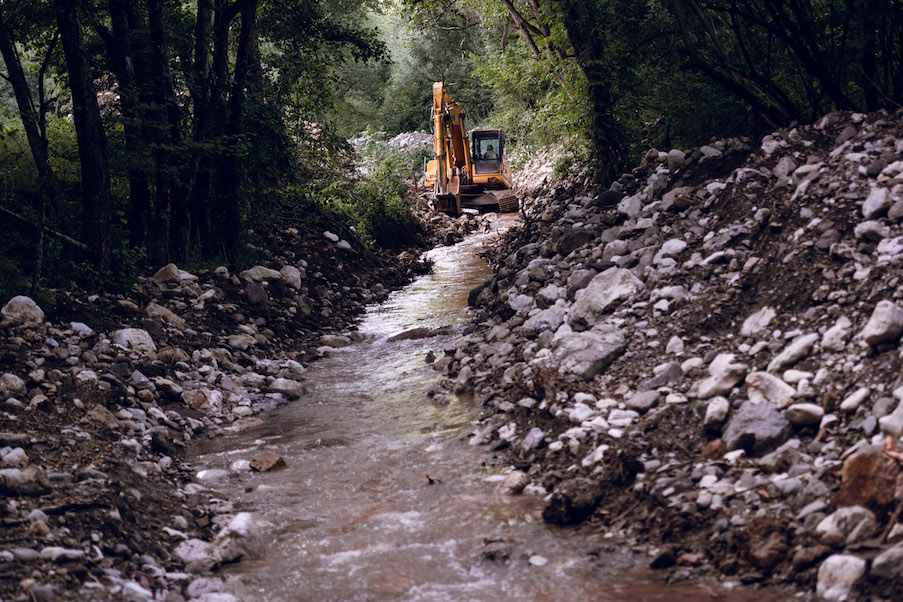River Protection
 Because water knows no borders, we also help protect rivers and water resources in our partner countries as well as in the Czech Republic. We want to preserve their wild and natural character, and instead of building hydropower plants and dams or polluting them with industrial waste and chemicals, we believe we should keep them clean and beautiful for the benefit and pleasure of present and future generations.
Because water knows no borders, we also help protect rivers and water resources in our partner countries as well as in the Czech Republic. We want to preserve their wild and natural character, and instead of building hydropower plants and dams or polluting them with industrial waste and chemicals, we believe we should keep them clean and beautiful for the benefit and pleasure of present and future generations.
In Czech Republic, we oppose plans for building new dams on Elbe river, which are intended to improve navigability. We criticize not only environmental impact these construction would have on this unique river on one of the least free flowing section (with connection to the sea) in the Czech Republic, but also extremely doubtful economic and transport benefits of these dams. We also provide a campaign to support river and floodplain restoration and push for sustainable use of river landscape. On Elbe, as well as Oder rivers, we closely cooperate cross-border with our German and Polish partners.
In Bosnia and Herzegovina, we have been working with local civic initiatives that oppose the massive construction of hydropower plants on Europe's last truly wild and natural rivers. And through the initiative Dam-Free Municipalities, we help municipalities return citizens the right to participate in decisions about these constructions.
We take care of water resources in Moldova, where we support our partners in fighting to prevent flash floods and droughts, as well as their consequences on the community through events such as organized tree plantings. Our team shares practical tips and experiences with the Water Framework Directive and general water resources management to strive for Moldovan legislation closer to the EU standards.
We also deal with issues of water pollution by industrial toxic substances and chemicals in Thailand and Armenia for example. We also conduct sampling missions and expert analyzes at these locations.
The issue of water quality and condition of rivers is also reflected in our Small Grants Program, which allows local initiatives to implement their river protection projects at regional level.



